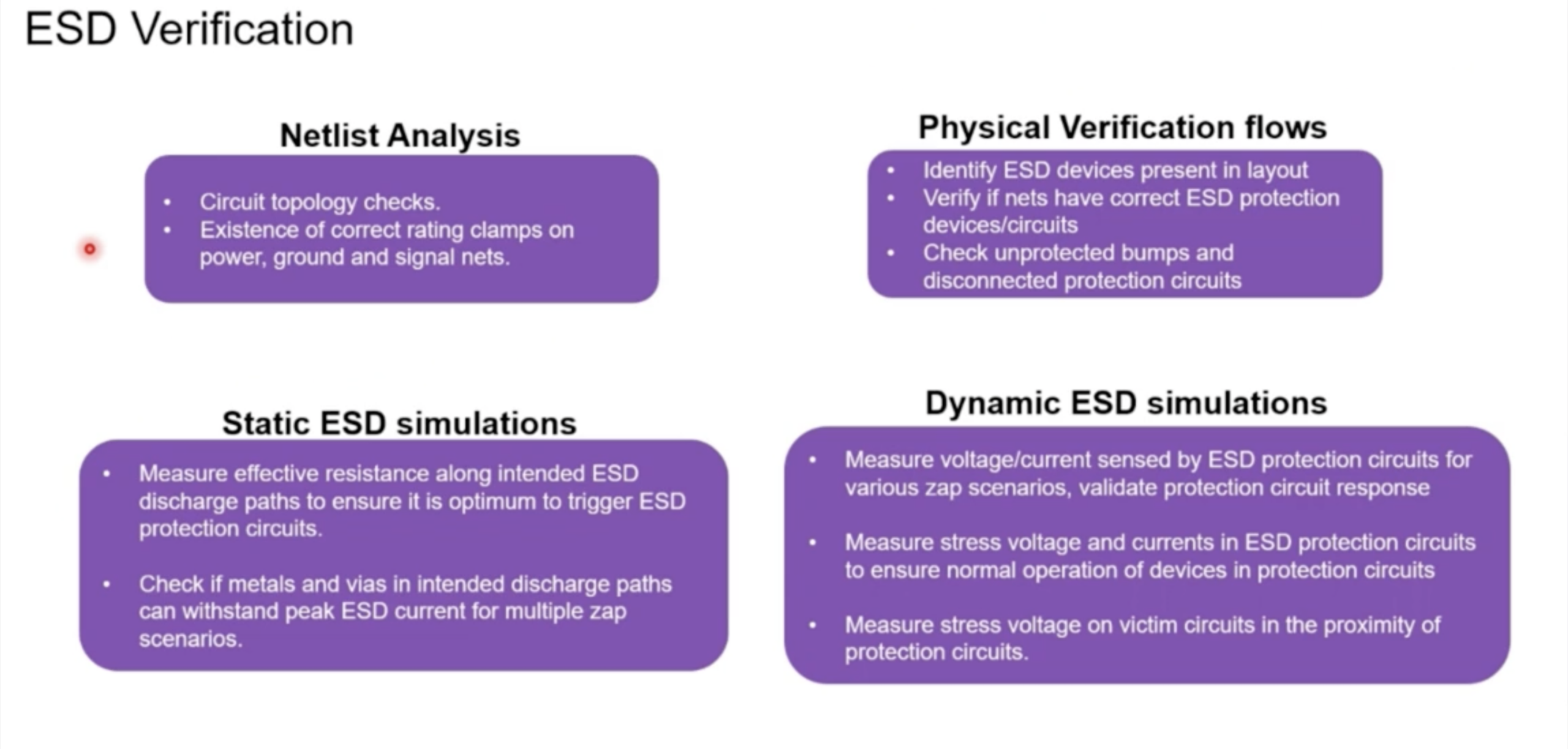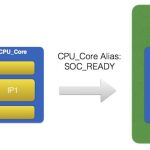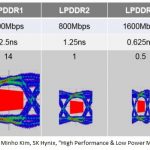When you’re thinking about “what can we do next”, you can think big or you can think small – very, very small. Robert Freitas at the Institute for Molecular Manufacturing (IMM) has such an idea – artificial red blood cells (RBCs). These would be nano-machines which could augment the oxygen and carbon dioxide carrying capacity of … Read More
 Smarter IC Layout Parasitic AnalysisIC layout parasitics dominate the performance of custom…Read More
Smarter IC Layout Parasitic AnalysisIC layout parasitics dominate the performance of custom…Read More Ceva IP: Powering the Era of Physical AIArtificial intelligence is rapidly moving beyond the digital…Read More
Ceva IP: Powering the Era of Physical AIArtificial intelligence is rapidly moving beyond the digital…Read More Accelerating Static ESD Simulation for Full-Chip and Multi-Die Designs with Synopsys PathFinder-SCAs analog and mixed-signal designs become increasingly complex,…Read More
Accelerating Static ESD Simulation for Full-Chip and Multi-Die Designs with Synopsys PathFinder-SCAs analog and mixed-signal designs become increasingly complex,…Read MoreThe (not so) Easy Life of an SOC Design Integrator
How can large SOC projects effectively integrate sub blocks and IP into a stable version for release or internal development? The person responsible for integrating SOC sub blocks into a validated configuration for release has a difficult task. Usually there are many sub-blocks, each undergoing their own development. There… Read More
IoT implementation and Challenges!
The Internet of Things (IoT) is the network of physical objects—devices, vehicles, buildings and other items which are embedded with electronics, software, sensors, and network connectivity, which enables these objects to collect and exchange data. Implementing this concept is not an easy task by any measure for many reasons… Read More
DDR4 is a complex interface to verify — assistance needed!
The design of parallel interfaces is supposed to be (comparatively) easy — e.g., follow a few printed circuit board routing guidelines; pay attention to data/clock/strobe signal lengths and shielding; ensure good current return paths (avoid discontinuities); match the terminating resistances to the PCB trace impedance;… Read More
NHTSA and Google’s War on Drivers
Google and the National Highway Traffic Safety Admnistration (NHTSA) have recently joined forces in a battle against drivers. It is an unusual alliance and one with significant implications for the future of automotive safety in the U.S. and globally.
That alliance was manifest this week in a letter sent by NHTSA to Chris Urmson… Read More
Automotive Augmented Reality Applications Insights from Patents
US20150202962 illustrates a system for controlling vehicle features via an augmented reality vehicle user interface. The system includes an image capturing device for capturing an image of the vehicle. The system identifies the points of interest that correspond to the vehicle features within portions of the image of the vehicle… Read More
Does the Internet of Things need new Artificial Intelligence?
Judging by the number of confusing posts, blogs and articles on this topic, anyone exploring the potential of what the IOT can deliver to their business/organisation can be forgiven for thinking that the IOT will need a new set of AI technologies to work correctly. Throw into the mix the hype that the IOT will need big data analytics… Read More
Reconfigurable redefined with embedded FPGA core IP
On November 1, 1985, before anyone had heard the phrase field programmable gate array, Xilinx introduced what they called a “new class of ASIC” – the XC2064, with a whopping 1200 gates. Reconfigurable computing was born and thrived around the RAM-based FPGA, whose logic and input/output pins could be architected into a variety… Read More
ARM POPs Another One!
ARM announced a new POP deal with UMC 28nm last week. POP stands for Processor Optimized Package meaning physical IP libraries (logic and memory) are customized for ARM processor cores and mainstream EDA tools creating a platform for optimized chip design. POP is a much bigger deal than most people realize so let’s get into a little… Read More
Fastest SoC time-to-success: emulators, or FPGA-based prototypes?
Hardware emulators and FPGA-based prototyping systems are descendants of the same ancestor. The Quickturn Systems Rapid Prototype Machine (RPM) introduced in May 1988 brought an array of Xilinx XC3090 FPGAs to emulate designs with hundreds of thousands of gates. From there, hardware emulators and FPGA-based prototyping … Read More





A Century of Miracles: From the FET’s Inception to the Horizons Ahead